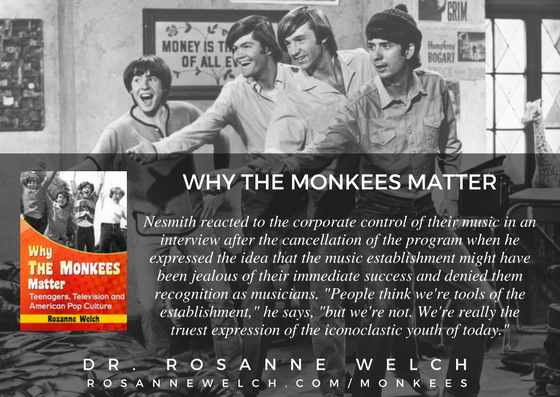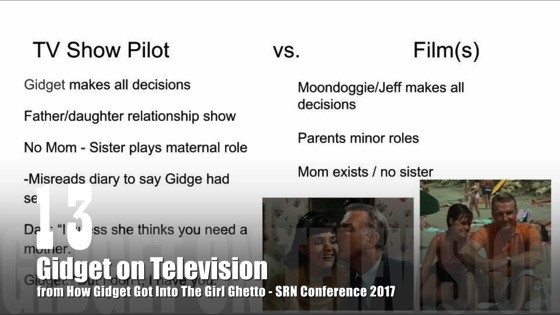On the passing of Steven Bochco I was reminded of the wonderful opportunity I had to interview him for Written By Magazine back in 2010 thanks to the aide of my former boss, Kenny Johnson, who was a former college buddy and lifetime friend of Mr. Bochco. That was the year of the (deservedly) failed re-imagining of The Bionic Woman and talk of film versions of 21 Jump Street and The A Team so I had come up with an article idea to interview the creative geniuses behind the originals.
I emailed Kenny to see if he would sit for the interview, and if he thought his friends the two Steves (Bochco and Cannel) would do the same. He called around and they all said yes. I had only to approach Don Bellisario on my own to fill out the foursome and I was on my way. Funny thing was I had told Kenny about the story idea but admitted I was swamped finishing my PhD so I might not get to it for another few months. Kenny encouraged me to go for it “now” – so I did – and in the course of seeing the article through to publication, Mr. Cannell passed away of cancer only his family and friends knew about – including Kenny. So Kenny had urged me to work in the piece knowing I wouldn’t be able to include Mr. Cannell if I waited too long. The magazine was able to collect letters from writers who had been given their start at the Cannell company and publish a tribute to him alongside my article.
Now we’ve lost Mr. Bochco as well – a man I never had the chance to work with, but whom I have always admired. Even today I rave to my one-hour drama students about “Hearts and Souls” – the NYPD BLUE episode where Jimmy Smits’ character Bobby Simone dies (story by Bochco, David Milch and Bill Clark, teleplay by Nicholas Wootton- and I get tears in my eyes just recounting the story to them all these years later. He truly created what we now call the 2nd Golden Age of Television Drama from Hill Street Blues forward, though NYPD BLUE will always be my favorite.
I still have the book about the making of the show on a list for my MFA students to review — True Blue: The Real Stories Behind NYPD Blue Hardcover by David Milch and Bill Clark. Do yourself a favor and binge watch some of his work this weekend.
Read the entire article – The Class of ‘80
* A portion of each sale from Amazon.com directly supports our blogs
** Many of these books may be available from your local library. Check it out!
† Available from the LA Public Library
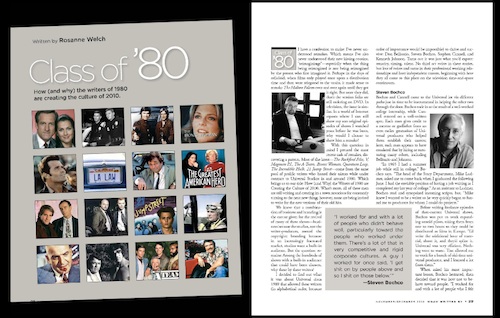

![05 The Origins of Doctor Who from Gender Diversity in the Who-niverse [Video] (0:51)](https://rosannewelch.com/wp-content/uploads/2018/04/gender-dw-05-origins.jpeg)

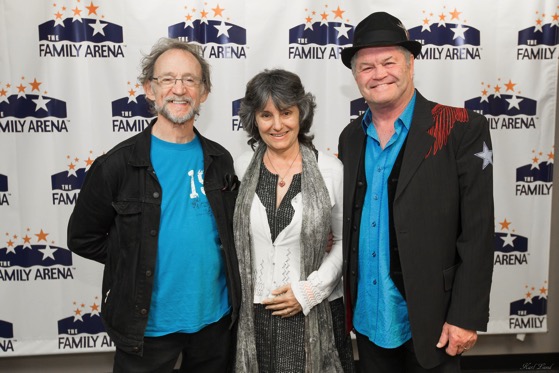

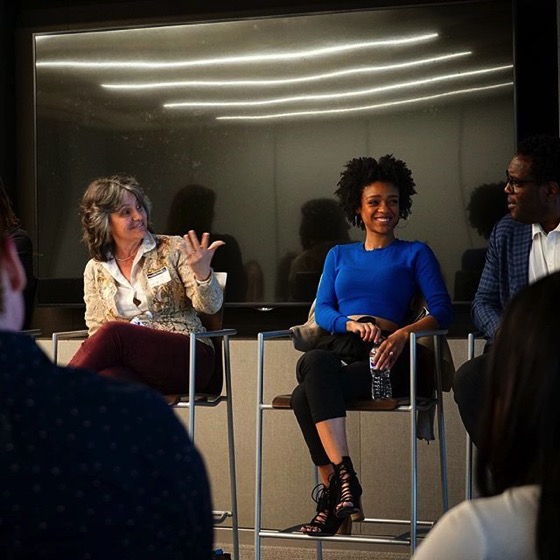
 and Follow
and Follow


![04 The Importance of Writers to Doctor Who from Gender Diversity in the Who-niverse [Video] (1:04)](https://rosannewelch.com/wp-content/uploads/2018/03/gender-dw-04.jpeg)
